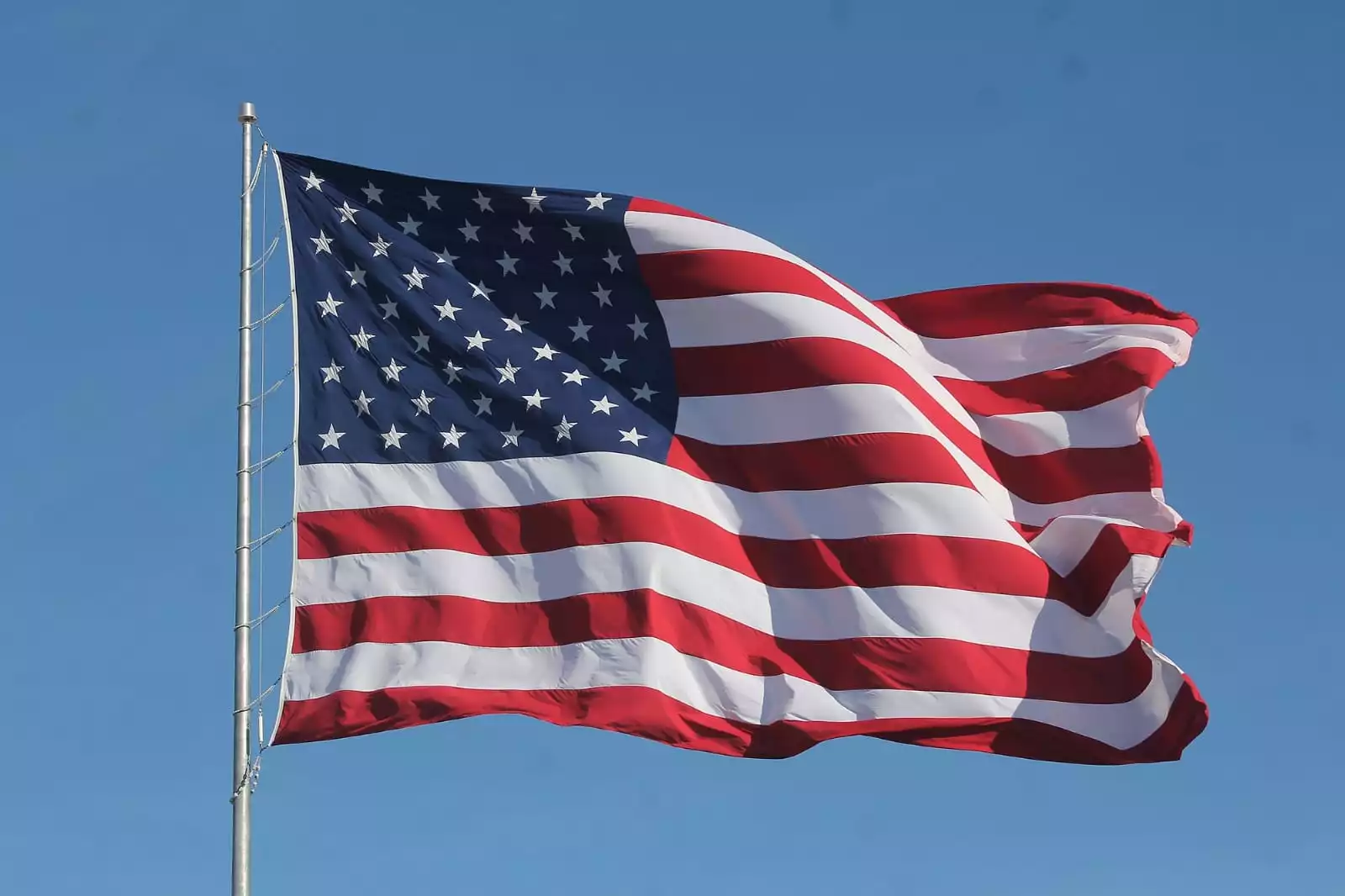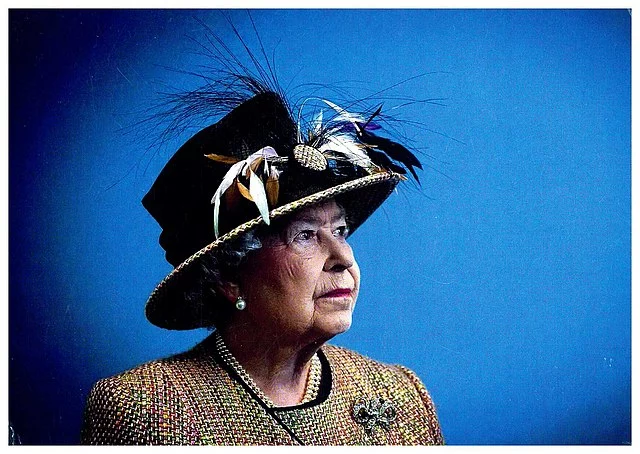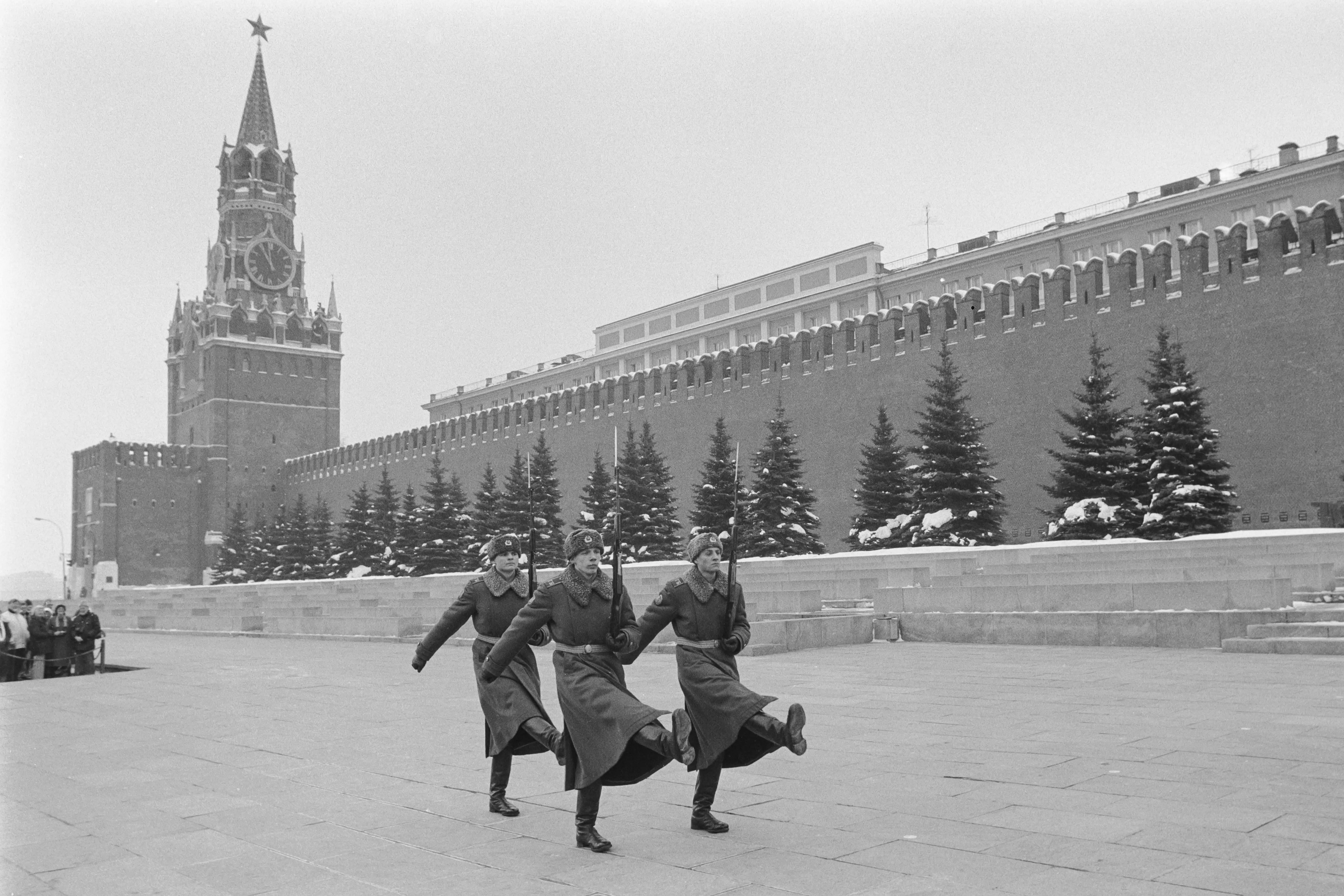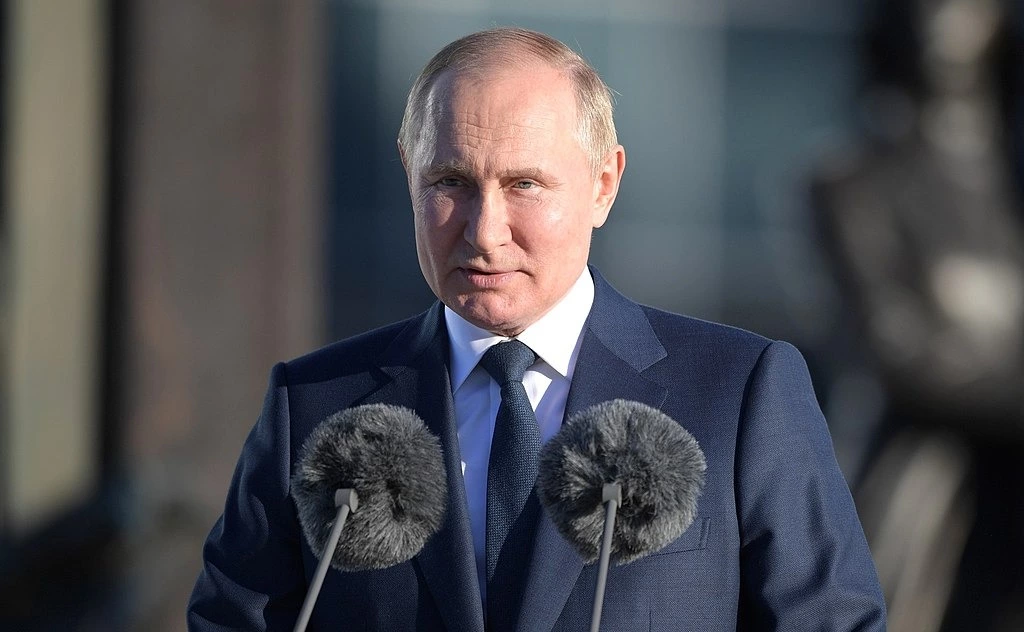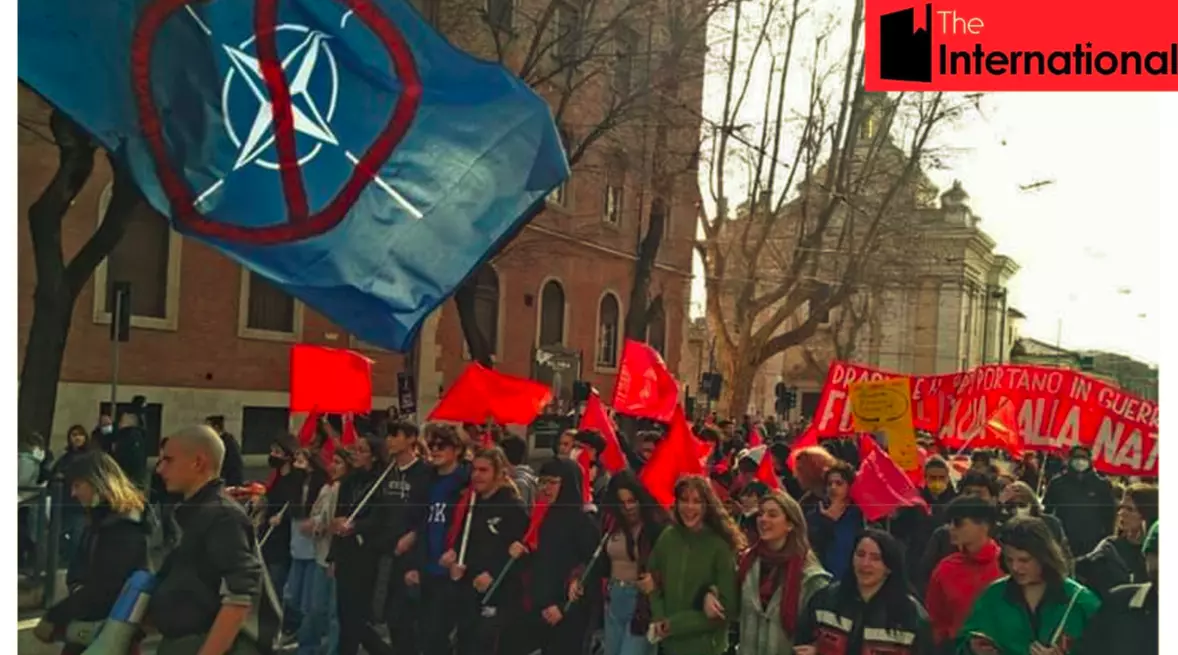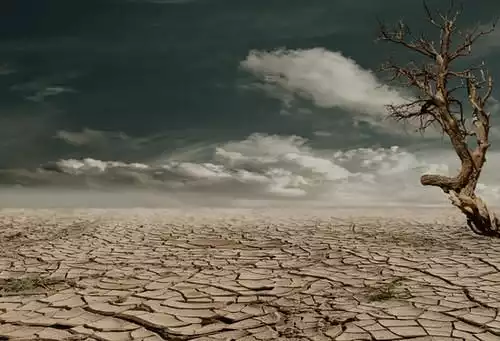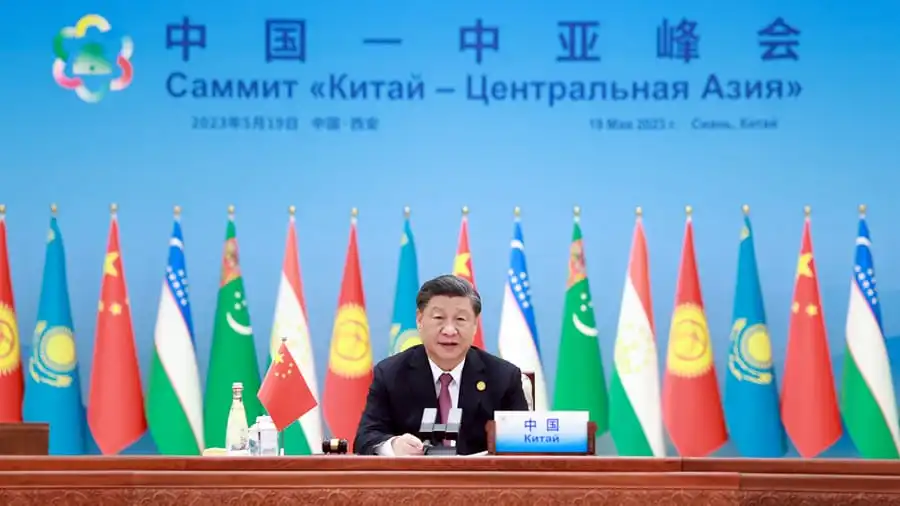Why the Inflation Reduction Act matters to Africa, Europe and saving the environment.
The previous article focused on how decoupling is all about impeding China’s development. In this, we will talk about how the Inflation Reduction Act is designed to establish dominance in a global cleantech industry in which China is currently the global leader.
America’s massive Inflation Reduction Act (IRA) is a fundamental part of the attempt to decarbonise and rejuvenate the USA’s economy. This major effort needs to be viewed in conjunction with the decoupling described in the earlier article, as it’s primarily an attempt to wrest control of the 21st-century’s energy supply chains from China, currently the world’s cleantech superpower.
America cannot countenance the idea of not being the world’s number one, the dominant global force economically and militarily: all its actions have to be viewed through the prism of this geopolitical imperative.
Apply this to America’s recent attempts to re-engage with Africa. Washington held a US-Africa summit in December, the first in eight years. Biden reversed a decision by Trump to draw down US troops from Somalia and the Sahel. Antony Blinken, secretary of state, has made two tours of the continent, the latest in August when he did the resource-rich Democratic Republic of Congo and Rwanda. In South Africa, he launched what was billed as a reset of relations.
Are the Americans doing this because they love the African people? Their attitudes to sharing vaccines during the pandemic would suggest otherwise. One-third, if not more, of the minerals that will be needed for the transition to sustainable energy lie beneath African soil. Chidi Odinkalu of the Fletcher School of Law and Diplomacy at Tufts University detects a cold war throwback. “The US has come to the conclusion that, if they don’t re-engage, they will be abandoning Africa to Russia and China.” Russia’s interests in Africa remain very minor in reality and are largely confined to military matters. China is much more involved in the continent economically: this, coupled with its lead in the renewable energy sectors in which America clearly wants to establish dominance, provides a potential cockpit in which competing forces for influence meet, a Scramble for Africa Redux for the 21st Century.
Odinkalu neglected to mention that Britain and the EU remain major neo-colonial powers in Africa, see Tom Burgis’s magnificent “The Looting Machine” for a description of how that works (Harper Collins, April 2016). America will have no issues with taking actions that damage their ostensible allies in Europe. The continent is already weakened economically by America’s proxy war in Ukraine, a war that has seen U.S. Liquified Natural Gas exports to Europe rise by more than 137%. However, despite the slavish loyalty to America in Ukraine, the IRA will inflict more damage on Europe’s economy.
The IRA tax incentives have made the US irresistible to investors and many companies are thinking about relocating in order to get the benefits. The IRA’s inherent protectionism, and the extent of the state largesse has alarmed some loyal “allies.” Macron says the IRA could “fragment the west”. Ursula von der Leyen, the European Commission’s president, has complained it would bring “unfair competition” and “close markets.” US incentives are so high, and comprehensively placed across the entirety of green supply chains, it will be very difficult for the EU to compete.
Support for American-made electric vehicle chargers, unveiled by the administration on Wednesday 15 February, provoked these responses from EU business leaders.
“Our most important trading partner decides things in their own interest,” said Luisa Santos, deputy director-general of BusinessEurope, which represents companies across the EU. “They keep doing this. But they want us to support them on China.”
A spokesperson for DigitalEurope, which represents the continent’s technology sector, described the latest support as “like déjà vu”. Cecilia Bonefeld-Dahl, its director-general, said: “The way to achieve our common climate goal is not through more ‘Buy American’ but through joint action and common standards.”
America remains a long way behind in clean energy. Together, China and Europe produce more than 80 per cent of the world’s cobalt, the USA less than 5% China also accounts for 60% of the world’s lithium refining. Almost two-thirds of the world’s batteries for electric cars and nearly three-quarters of all solar modules are currently produced in China, according to the IEA.

A rational country that genuinely believed in international collaboration would see this situation, the survival of the planet based around a just energy transition, as one that demanded cooperation between the leading nations; collaboration that would in itself would have a much-needed irenic influence on world affairs. Daniel Liu, a Wood Mackenzie analyst quoted in the FT on 16 February said “Global arms race for clean energy? Certainly, but there has to be some level of collaboration because no country can do it alone.”
America is not run by rationality or by democracy. The needs of the Military:Industrial Complex and the fossil fuel industry dictate priorities and actions. (After the concessions made to West Virginia Democrat Sen. Joe Manchin to secure his support, the IRA contained sufficient protections fossil fuels that it allowed the legislation to move forward without hardline opposition from the oil sector et al) Combine this with the geopolitical and emotional imperative to be Number One, and it culminates in the adversarial bellicosity of America’s climate and foreign policies that we see today.
China is clearly seen as an enemy that must be neutralised, a task made easier by the damage inflicted on its Russian ally by a lengthy war. When Victoria Nuland said “Fuck the EU” in a taped conversation with the American ambassador on who should be the next Ukrainian leader after Maidan, it now seems more a policy prescription rather than an expression of entitled exasperation.
Clarke’s book on the sleepwalkers is great apart from one major flaw: his Germanophilia leads him to blame the start of WW1 on everybody apart from Imperial Germany. Currently we are sleepwalking into a major global conflict as few people fully recognise that, right now, America is the most dangerous and aggressive world power out there, with policies and an ethos that are taking us to the brink of armageddon. The world needs to wake up and act, including the supine European satraps and the more enlightened forces in the USA itself.
